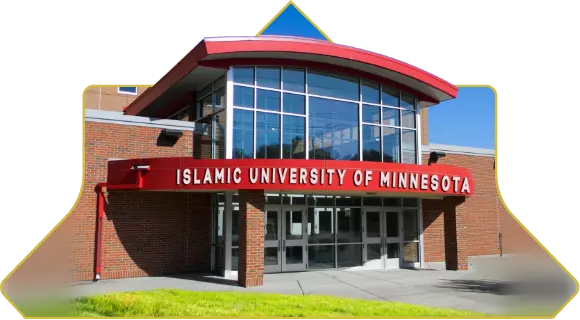Overview
The Bachelor's Degree in Development Studies is a general program in which students study a set of development studies courses over four years, with each academic year consisting of two semesters, each representing a semester-long academic level. Upon completion of the program, students are awarded a Bachelor's degree. The program also includes postgraduate research in Master's and PhD degrees.
Department Vision
Leading outcomes in the field of development studies locally and regionally.
Department Mission
Development studies is a field concerned with the study of the process of economic, social, political, cultural, and environmental development in countries and regions. This specialization aims to understand the economic and social changes that occur in societies and analyze the factors that affect the improvement of the economic and social conditions of individuals.
Department Goals

Development Economics: Studies how to achieve economic development and improve living standards, reduce poverty and unemployment, and promote economic growth

Development Policy: Addresses the political dimensions of the development process and the role of governments and international institutions in achieving sustainable development
.png)
Society and Culture: Examines the impact of social and cultural changes on the development process and the development of societies

Environment and Sustainable Development: Focuses on how to achieve development in ways that do not negatively impact the environment and conserve natural resources for present and future generations

Human Development: Concerned with improving the quality of life of individuals by providing education, health, housing, and good nutrition
.png)
Preparing specialists in higher development studies to meet the society's need for researchers and qualified professionals in various development studies branches

Attracting, qualifying, and motivating distinguished human cadres

Supporting scientific and research production, and promoting researchers in the field of development sciences and disaster and crisis management

Establishing strategic partnerships and effective agreements with relevant entities to exchange expertise and knowledge
Academic Nature of the Specialization
The program aims to:
- Contribute to the achievement of the university's goals.
- Care for development studies and disaster and crisis management, and making them accessible for students.
- Contribute to preparing highly qualified cadres in the development sciences and their applications.
- Empowering students and researchers with methodologies for implementing various development projects, especially during crises.
- Commitment to objectivity and scientific integrity.
Graduate Work Areas
The Development Studies specialization opens up diverse job opportunities for graduates in various sectors. Among the fields in which it is possible to work are:
- International institutions: Working in organizations such as the United Nations, the World Bank, the International Monetary Fund, and the World Trade Organization in the field of developing policies and development programs.
- Government: Working in government ministries of development and planning to design and implement development policies and projects.
- Non-governmental organizations: Working in international and local non-profit organizations that work in the fields of development, relief, and community development.
- Private sector: Working in consulting firms and companies that work in development projects and infrastructure development.
- Education and research: Working as a researcher or lecturer in universities and research centers in the fields of development, economics, and society.
- Local development: Working in municipalities and local councils to develop areas and improve infrastructure and community services.
- Urban planning: Working in the field of urban planning and developing cities and urban areas in a sustainable manner.
- Rural development: Working in the field of developing rural areas and agriculture and improving the living standards of rural populations.
- Social development: Working in areas that focus on improving the social and cultural status of individuals and communities.
- Economic development: Working in areas of business development, promoting economic growth, and improving the economic structure.
- These are some of the fields in which it is possible to work after studying the Development Studies specialization, and these opportunities may be available in various countries around the world:
- Environmental activist.
- Waste management and recycling consultant.
- QHSE (Quality, Health, Safety, and Environment) Manager.
- Quality inspector.
- Recycling project manager.
- Renewable energy expert.
- Responsible for solidarity financing.
- Responsible for risk management.
- Responsible for sustainable marketing.


